Items
-
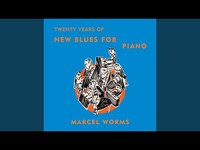 Afro Arab Blues Ali Osman Alhaj
Afro Arab Blues Ali Osman Alhaj -
 Ali Osman Alhaj Sudanese composer Ali Osman Alhaj has been a resident of Egypt since 1978. He started his musical education at the Cairo Conservatoire secondary school. Graduating with distinction in 1986, he studied composition with professor Gamal Abdel-Rahim and considered himself one of his disciples. He continued his post-graduate studies with professor Awatif Abdel-Karim, who was also his supervisor for his research titled “Rhythmic Patterns in East and West Sudan and Their Role in Distinguishing the Music of These Regions.” He was granted his M.A. in 1990. Some of his works were performed in Cairo at the Opera House, American University, and the cultural centers, and abroad in Germany, Austria, and England. In July 2000, he was granted a four month scholarship as composer in residence by Prohelvetia in Switzerland.
Ali Osman Alhaj Sudanese composer Ali Osman Alhaj has been a resident of Egypt since 1978. He started his musical education at the Cairo Conservatoire secondary school. Graduating with distinction in 1986, he studied composition with professor Gamal Abdel-Rahim and considered himself one of his disciples. He continued his post-graduate studies with professor Awatif Abdel-Karim, who was also his supervisor for his research titled “Rhythmic Patterns in East and West Sudan and Their Role in Distinguishing the Music of These Regions.” He was granted his M.A. in 1990. Some of his works were performed in Cairo at the Opera House, American University, and the cultural centers, and abroad in Germany, Austria, and England. In July 2000, he was granted a four month scholarship as composer in residence by Prohelvetia in Switzerland. -
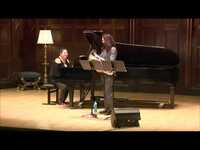 Prophecies Barbara York
Prophecies Barbara York -
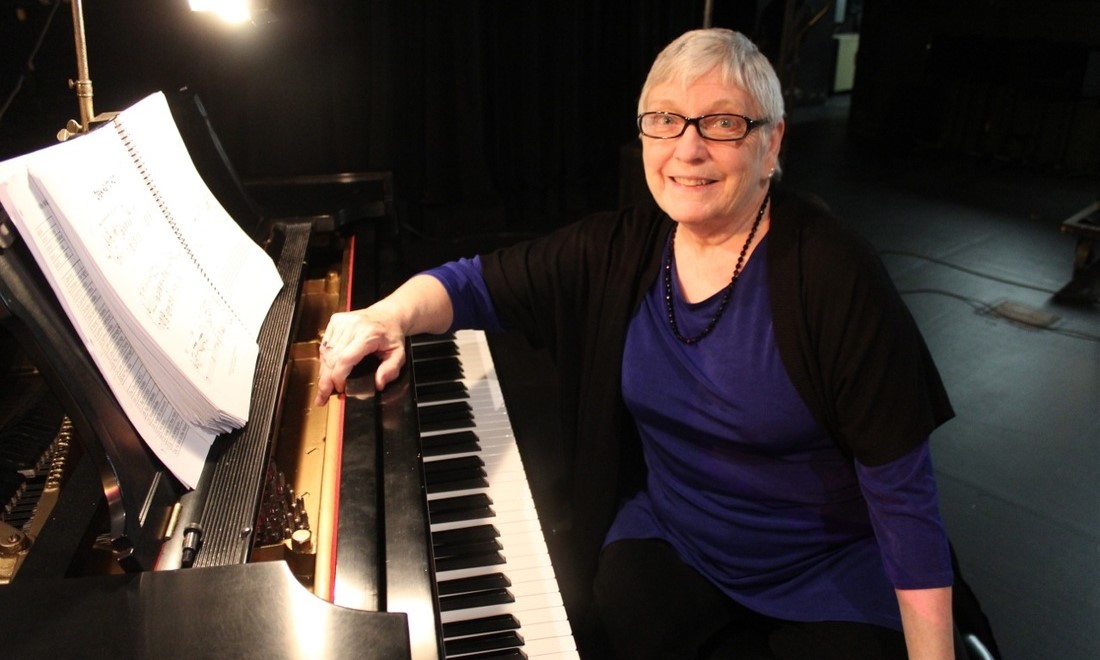 Barbara York Barbara York (b. 1949, Winnipeg, Canada) has been working in both Canada and the U.S. for over 45 years as a concert accompanist, choral and theatrical music director and composer. Her score and lyrics for the Canadian musical Colette won a Dora Mavor Moore Award (Canada’s version of a Tony) in 1981. She has received commissions from two Canadian symphony orchestras (Mississauga and Saskatoon), the Boise State University Symphonic Winds and the Boise State Symphony Orchestra, plus numerous private groups and soloists in both the US and Canada. She has presented compositions at three World Saxophone Congresses and at the 2003 International Double Reed Symposium. Her 50-minute scripted, children’s piece, A Butterfly in Time was nominated for a Canadian “Juno Award” for recordings in 2006 and is available through Amazon.com and elsewhere on the Children’s Group label. Her first tuba piece, Sea Dreams, was on the required repertoire list for the International Tuba Euphonium Association’s 2004 Young Artists Competition in Budapest. In 2006, Barbara, won the Harvey Phillips Award for Euphonium in Chamber Music at the International Tuba Euphonium Congress. Her Concerto for Tuba and Orchestra was recorded by Tim Buzbee with the Iceland Symphony Orchestra and is available internationally through Albany Records. As an accompanist, Barbara plays regularly at school, university and professional concert venues throughout the United States and Canada, has recorded for CBC Radio and has premiered numerous works for other composers at International congresses. Barbara lives in Pittsburg, KS where she works part-time as a staff accompanist at Pittsburg State University.
Barbara York Barbara York (b. 1949, Winnipeg, Canada) has been working in both Canada and the U.S. for over 45 years as a concert accompanist, choral and theatrical music director and composer. Her score and lyrics for the Canadian musical Colette won a Dora Mavor Moore Award (Canada’s version of a Tony) in 1981. She has received commissions from two Canadian symphony orchestras (Mississauga and Saskatoon), the Boise State University Symphonic Winds and the Boise State Symphony Orchestra, plus numerous private groups and soloists in both the US and Canada. She has presented compositions at three World Saxophone Congresses and at the 2003 International Double Reed Symposium. Her 50-minute scripted, children’s piece, A Butterfly in Time was nominated for a Canadian “Juno Award” for recordings in 2006 and is available through Amazon.com and elsewhere on the Children’s Group label. Her first tuba piece, Sea Dreams, was on the required repertoire list for the International Tuba Euphonium Association’s 2004 Young Artists Competition in Budapest. In 2006, Barbara, won the Harvey Phillips Award for Euphonium in Chamber Music at the International Tuba Euphonium Congress. Her Concerto for Tuba and Orchestra was recorded by Tim Buzbee with the Iceland Symphony Orchestra and is available internationally through Albany Records. As an accompanist, Barbara plays regularly at school, university and professional concert venues throughout the United States and Canada, has recorded for CBC Radio and has premiered numerous works for other composers at International congresses. Barbara lives in Pittsburg, KS where she works part-time as a staff accompanist at Pittsburg State University. -
 Atacama Nancy Galbraith
Atacama Nancy Galbraith -
 Seven Last Words of the Unarmed Joel Thompson
Seven Last Words of the Unarmed Joel Thompson -
 Joel Thompson Joel Thompson (b.1988) is an Atlanta-based composer, conductor, pianist, and educator, best known for the choral work, Seven Last Words of the Unarmed, which was premiered November 2015 by the University of Michigan Men’s Glee Club and Dr. Eugene Rogers and won the 2018 American Prize for Choral Composition. His pieces have been performed by the Atlanta Symphony Orchestra, Tallahassee Symphony Orchestra, Atlanta Master Chorale, Los Angeles Master Chorale, EXIGENCE, and the San Francisco Gay Men’s Chorus. Currently a student at the Yale School of Music, Thompson was also a 2017 post-graduate fellow in Arizona State University’s Ensemble Lab/Projecting All Voices Initiative and a composition fellow at the 2017 Aspen Music Festival and School, where he studied with composers Stephen Hartke and Christopher Theofanidis and won the 2017 Hermitage Prize. Thompson taught at Holy Innocents’ Episcopal School in Atlanta 2015-2017, and also served as Director of Choral Studies and Assistant Professor of Music at Andrew College 2013-2015. Thompson is a proud Emory alum, graduating with a B.A. in Music in 2010, and an M.M. in Choral Conducting in 2013.
Joel Thompson Joel Thompson (b.1988) is an Atlanta-based composer, conductor, pianist, and educator, best known for the choral work, Seven Last Words of the Unarmed, which was premiered November 2015 by the University of Michigan Men’s Glee Club and Dr. Eugene Rogers and won the 2018 American Prize for Choral Composition. His pieces have been performed by the Atlanta Symphony Orchestra, Tallahassee Symphony Orchestra, Atlanta Master Chorale, Los Angeles Master Chorale, EXIGENCE, and the San Francisco Gay Men’s Chorus. Currently a student at the Yale School of Music, Thompson was also a 2017 post-graduate fellow in Arizona State University’s Ensemble Lab/Projecting All Voices Initiative and a composition fellow at the 2017 Aspen Music Festival and School, where he studied with composers Stephen Hartke and Christopher Theofanidis and won the 2017 Hermitage Prize. Thompson taught at Holy Innocents’ Episcopal School in Atlanta 2015-2017, and also served as Director of Choral Studies and Assistant Professor of Music at Andrew College 2013-2015. Thompson is a proud Emory alum, graduating with a B.A. in Music in 2010, and an M.M. in Choral Conducting in 2013. -
 Cuaderno de Viaje Mario Lavista
Cuaderno de Viaje Mario Lavista -
 Mario Lavista Born in Mexico City in 1943, Mario Lavista began piano studies as a child and enrolled at the Conservatorio Nacional de Musica in 1963 under the guidance of Carlos Chavez, Hector Quintanar and Rodolfo Halffter. He studied at the Schola Cantorum in Paris (1967-1969), where he also attended courses given by Henri Pousseur, Nadia Boulanger, Christoph Caskel and Karlheinz Stockhausen. Upon his return to Mexico he founded Quanta, a collective improvisation group. In 1972, he worked at the electronic music studio of radio and television in Tokyo, Japan. He has worked on interdisciplinary projects, such as Jaula (1976), and in the creation of multiple scores for films produced by Nicolas Echevarria. Around 1980, he explored extended techniques of traditional instruments in collaboration with performers Marielena Arizpe (flutist), Bertram Turetzky (bassist), Leonora Saavedra (oboist) and El Cuarteto Latinoamericano (strings), in the compositions Triptico, Dusk, Marsias and Reflejos de la noche, respectively. In 1982, he founded Pauta, one of the most important music journals in Latin America, and has served as its chief editor ever since. As a writer, he has produced many essays, most of which are collected in Textos en torno a la musica. In 1987. he received a Guggenheim Fellowship for his first and only opera Aura, based on the short story by Carlos Fuentes. He has received many awards, such as the Premio Nacional de Ciencias y Artes and the Medalla Mozart. Since 1998, Lavista has been a member of the prestigious EI Colegio Nacional. He has taught in Mexico and abroad, especially in North American institutions, including the University of Chicago, Cornell University, the University of California San Diego, Indiana University and McGill University. His works are frequently performed by some of the most distinguished chamber and orchestral groups. Mario Lavista's music is published by Ediciones Mexicanas De Musica, A.C., Mexico City. Peermusic Classical is sole agent outside of Mexico.
Mario Lavista Born in Mexico City in 1943, Mario Lavista began piano studies as a child and enrolled at the Conservatorio Nacional de Musica in 1963 under the guidance of Carlos Chavez, Hector Quintanar and Rodolfo Halffter. He studied at the Schola Cantorum in Paris (1967-1969), where he also attended courses given by Henri Pousseur, Nadia Boulanger, Christoph Caskel and Karlheinz Stockhausen. Upon his return to Mexico he founded Quanta, a collective improvisation group. In 1972, he worked at the electronic music studio of radio and television in Tokyo, Japan. He has worked on interdisciplinary projects, such as Jaula (1976), and in the creation of multiple scores for films produced by Nicolas Echevarria. Around 1980, he explored extended techniques of traditional instruments in collaboration with performers Marielena Arizpe (flutist), Bertram Turetzky (bassist), Leonora Saavedra (oboist) and El Cuarteto Latinoamericano (strings), in the compositions Triptico, Dusk, Marsias and Reflejos de la noche, respectively. In 1982, he founded Pauta, one of the most important music journals in Latin America, and has served as its chief editor ever since. As a writer, he has produced many essays, most of which are collected in Textos en torno a la musica. In 1987. he received a Guggenheim Fellowship for his first and only opera Aura, based on the short story by Carlos Fuentes. He has received many awards, such as the Premio Nacional de Ciencias y Artes and the Medalla Mozart. Since 1998, Lavista has been a member of the prestigious EI Colegio Nacional. He has taught in Mexico and abroad, especially in North American institutions, including the University of Chicago, Cornell University, the University of California San Diego, Indiana University and McGill University. His works are frequently performed by some of the most distinguished chamber and orchestral groups. Mario Lavista's music is published by Ediciones Mexicanas De Musica, A.C., Mexico City. Peermusic Classical is sole agent outside of Mexico. -
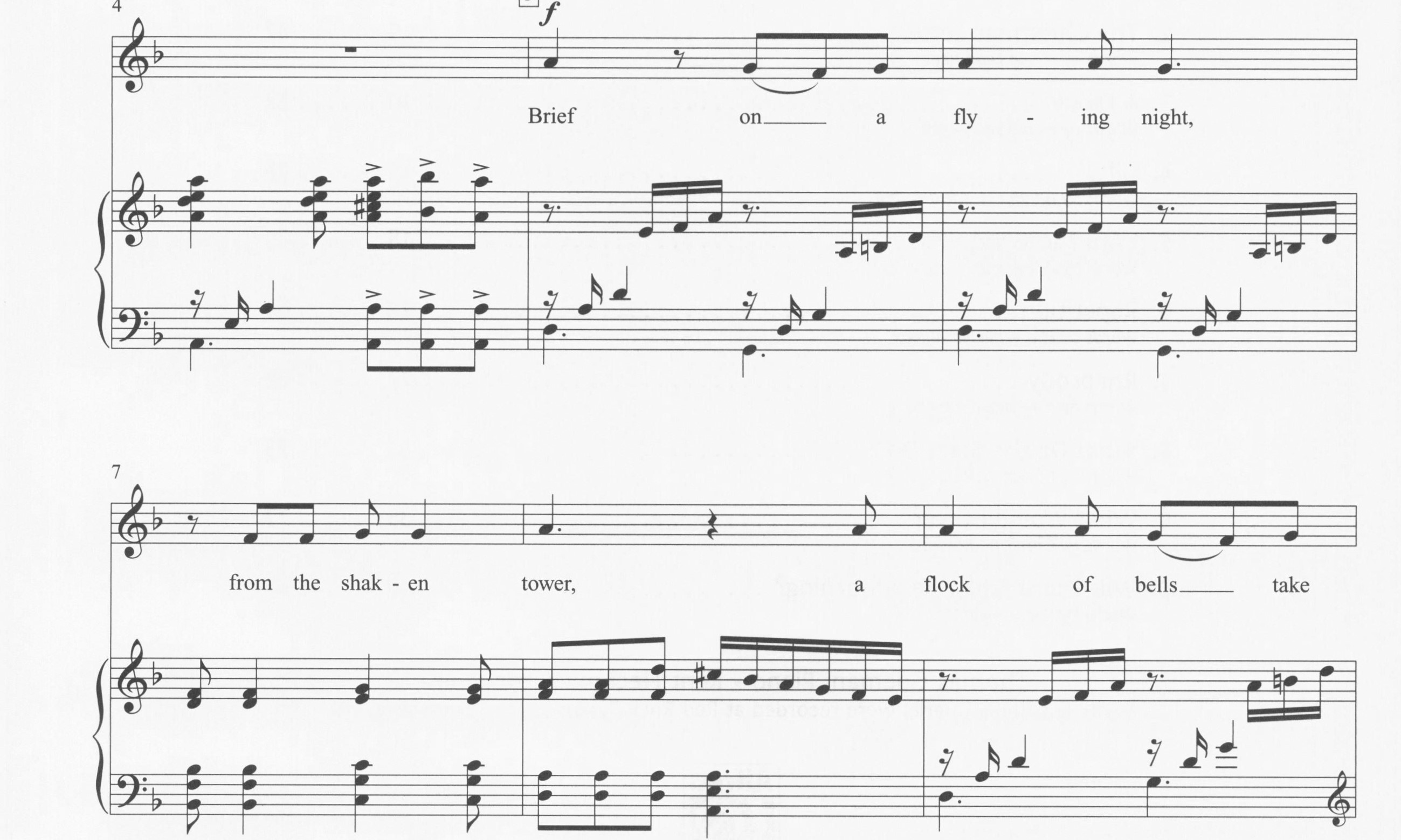 Contemporary Art Songs for Women Vicki Turner Courtney
Contemporary Art Songs for Women Vicki Turner Courtney -
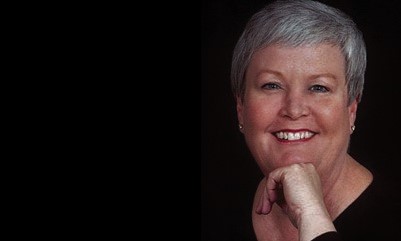 Vicki Tucker Courtney Vicki Tucker Courtney was born to play the piano. While the other four-year-olds in her Dallas neighborhood were learning to ride their tricycles, Vicki was taking piano lessons. Vicki's first piano teacher regularly entered her in the Van Katwijk Piano Contests. It was this early exposure to the world of competitive piano that led to an opportunity to study under Paul van Katwijk, himself, a successful composer and the conductor of the Dallas Symphony. While in high school, Vicki's education in musical theory and improvisation opened up new possibilities. With confidence and determination, Vicki embarked on a journey to develop herself as a composer and arranger. No one worked harder than Vicki as she played for every chorus and choral production the school offered, sometimes performing her own compositions and arrangements. Immediately after high school, Vicki was hired as Director of Music for the Youth and Children's Choirs at a local church while studying Piano Performance at North Texas University. Regrettably, the call of corporate America lured Vicki away from her musical pursuits. Many years went by until she was asked to perform at a memorial concert for a previous mentor, which lead Vicki back to her roots in music and her God-given talent. It was time to return to the piano and share with others the joy and healing that beautiful music can affect. Vicki was able to regain the skills and abilities needed to attain a professional church staff position. In 2002, Vicki was apprenticing with Mark Hayes, renowned for sacred and secular choral music and piano arrangements. By May of 2004, Vicki had received her first published choral arrangement and by the same month in 2009, she had acquired over 100 published titles. As a member of ASCAP and ACDA, Vicki currently writes full time while giving private piano lessons. Her talents are still in demand as she is routinely invited to play church services and choral concerts.
Vicki Tucker Courtney Vicki Tucker Courtney was born to play the piano. While the other four-year-olds in her Dallas neighborhood were learning to ride their tricycles, Vicki was taking piano lessons. Vicki's first piano teacher regularly entered her in the Van Katwijk Piano Contests. It was this early exposure to the world of competitive piano that led to an opportunity to study under Paul van Katwijk, himself, a successful composer and the conductor of the Dallas Symphony. While in high school, Vicki's education in musical theory and improvisation opened up new possibilities. With confidence and determination, Vicki embarked on a journey to develop herself as a composer and arranger. No one worked harder than Vicki as she played for every chorus and choral production the school offered, sometimes performing her own compositions and arrangements. Immediately after high school, Vicki was hired as Director of Music for the Youth and Children's Choirs at a local church while studying Piano Performance at North Texas University. Regrettably, the call of corporate America lured Vicki away from her musical pursuits. Many years went by until she was asked to perform at a memorial concert for a previous mentor, which lead Vicki back to her roots in music and her God-given talent. It was time to return to the piano and share with others the joy and healing that beautiful music can affect. Vicki was able to regain the skills and abilities needed to attain a professional church staff position. In 2002, Vicki was apprenticing with Mark Hayes, renowned for sacred and secular choral music and piano arrangements. By May of 2004, Vicki had received her first published choral arrangement and by the same month in 2009, she had acquired over 100 published titles. As a member of ASCAP and ACDA, Vicki currently writes full time while giving private piano lessons. Her talents are still in demand as she is routinely invited to play church services and choral concerts. -
 Harp Concerto Jennifer Higdon
Harp Concerto Jennifer Higdon -
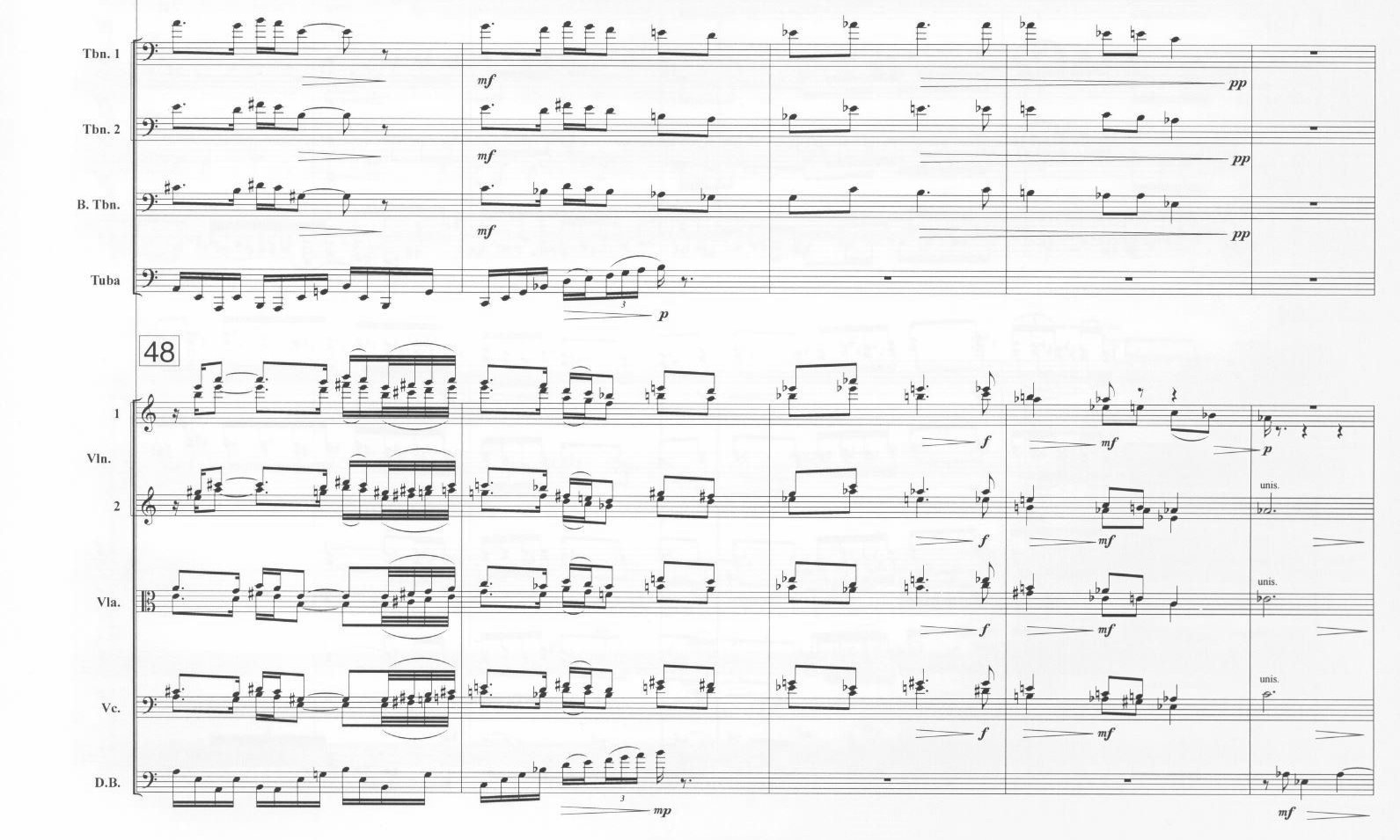 Low Brass Concerto Jennifer Higdon
Low Brass Concerto Jennifer Higdon -
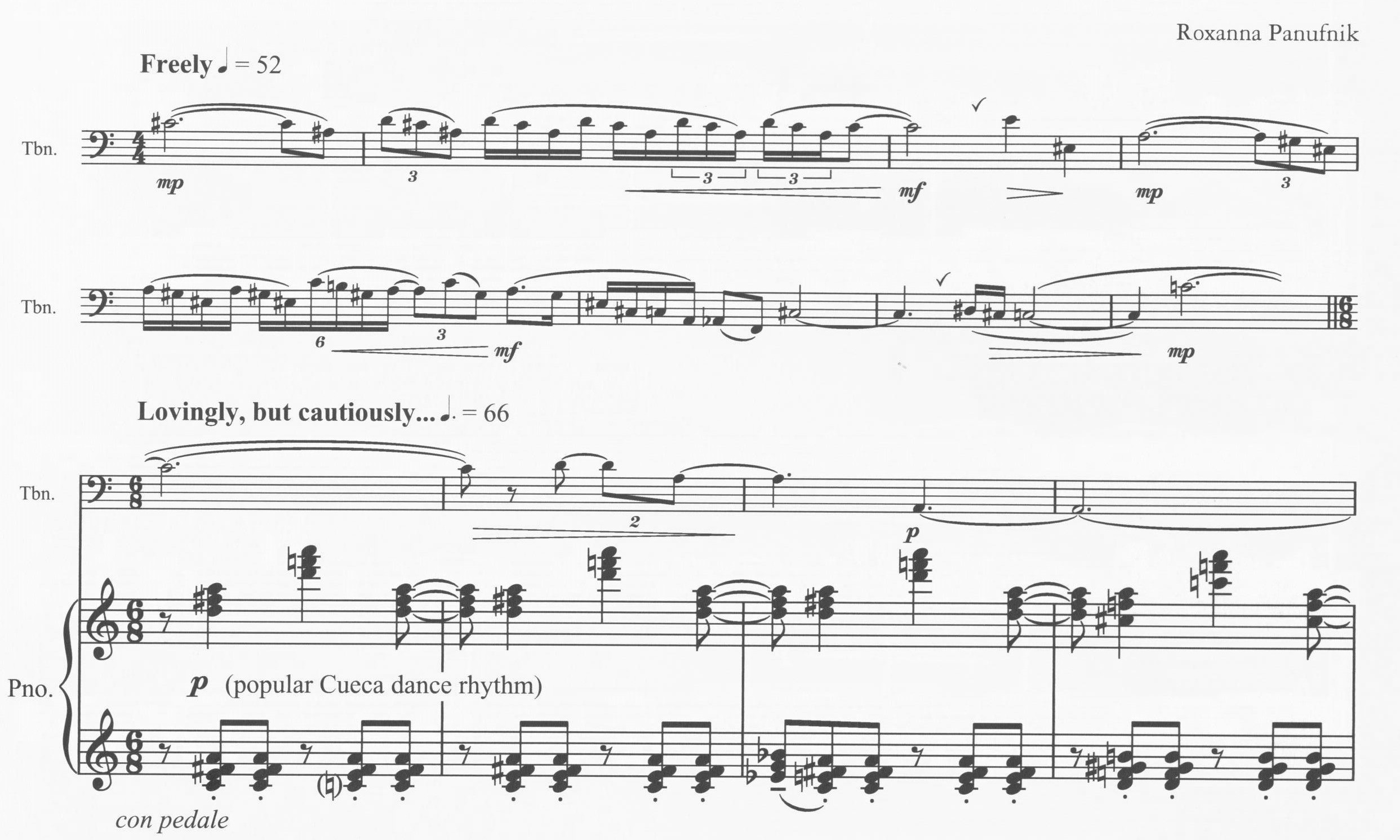 When You Appear Roxanna Panufnik
When You Appear Roxanna Panufnik -
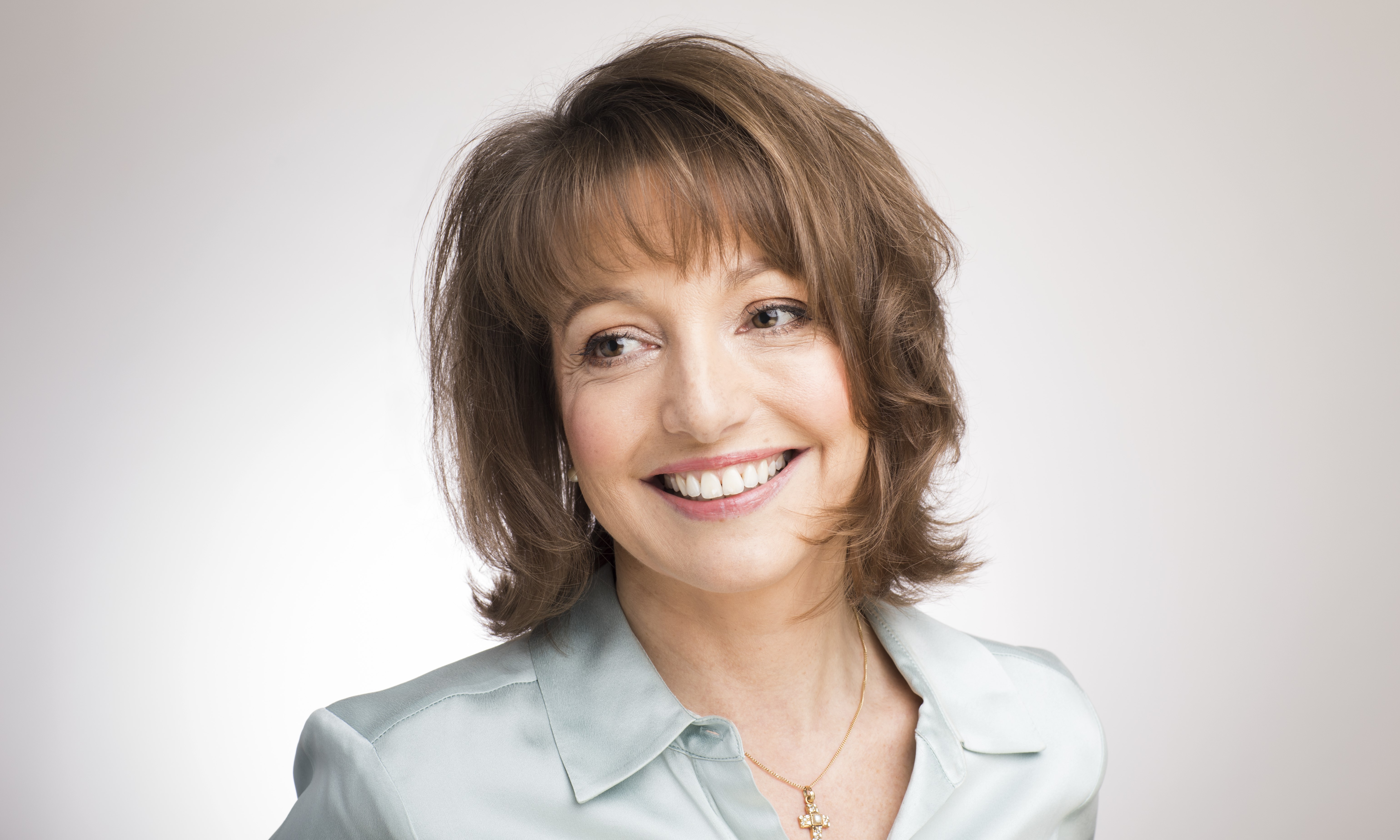 Roxanna Panufnik Roxanna has a great love of world music – this has culminated in her “Four World Seasons” for violinist Tasmin Little, the world premiere of which was picked by BBC Radio 3 to launch their Music Nations weekend, celebrating the London Olympics; her multi-faith Warner Classics CD “Love Abide” (www.loveabide.com) and “Dance of Life: Tallinn Mass” for Tallinn Philharmonic (www.tallinnmass.com), commissioned to celebrate Tallinn’s reign as European Capital of Culture. She is especially interested in building musical bridges between faiths and her first project in this field was the violin concerto “Abraham”, commissioned for Daniel Hope, incorporating Christian, Islamic and Jewish chant to create a musical analogy for the fact that these three faiths believe in the same one God. This work was subsequently converted into an overture for the World Orchestra for Peace and premiered in Jerusalem and London under the baton of Valery Gergiev, in 2008 and at the 2014 BBC Proms. Her 2017 opera “Silver Birch”, commissioned by Garsington Opera, was met with great audience and critical acclaim. 2018, Roxanna’s 50th Birthday year, saw some exciting commissions and premieres for the BBC Last Night of the Proms and a co-commissioned oratorio “Faithful Journey – a Mass for Poland” for City of Birmingham Symphony Orchestra and National Radio Symphony Orchestra of Poland, marking Poland’s centenary as an independent state. In 2019, she will have a new commission for two conductors and two choirs, premiered by Marin Alsop and Valentina Peleggi with the Baltimore Symphony Orchestra and then the Sao Paulo Symphony Orchestra. Roxanna has just finished an epic work, celebrating Beethoven’s 250th birthday, for the Rundfunkchor Berlin, Rundfunk Symphony Orchestra and 9 other choirs from all over the world, to be premiered at the Berlin Philharmonie in 2020. Roxanna’s compositions are published by Peter’s Edition Ltd and recorded on many labels including Warner Classics, Signum, Chandos, and EMI Classics.
Roxanna Panufnik Roxanna has a great love of world music – this has culminated in her “Four World Seasons” for violinist Tasmin Little, the world premiere of which was picked by BBC Radio 3 to launch their Music Nations weekend, celebrating the London Olympics; her multi-faith Warner Classics CD “Love Abide” (www.loveabide.com) and “Dance of Life: Tallinn Mass” for Tallinn Philharmonic (www.tallinnmass.com), commissioned to celebrate Tallinn’s reign as European Capital of Culture. She is especially interested in building musical bridges between faiths and her first project in this field was the violin concerto “Abraham”, commissioned for Daniel Hope, incorporating Christian, Islamic and Jewish chant to create a musical analogy for the fact that these three faiths believe in the same one God. This work was subsequently converted into an overture for the World Orchestra for Peace and premiered in Jerusalem and London under the baton of Valery Gergiev, in 2008 and at the 2014 BBC Proms. Her 2017 opera “Silver Birch”, commissioned by Garsington Opera, was met with great audience and critical acclaim. 2018, Roxanna’s 50th Birthday year, saw some exciting commissions and premieres for the BBC Last Night of the Proms and a co-commissioned oratorio “Faithful Journey – a Mass for Poland” for City of Birmingham Symphony Orchestra and National Radio Symphony Orchestra of Poland, marking Poland’s centenary as an independent state. In 2019, she will have a new commission for two conductors and two choirs, premiered by Marin Alsop and Valentina Peleggi with the Baltimore Symphony Orchestra and then the Sao Paulo Symphony Orchestra. Roxanna has just finished an epic work, celebrating Beethoven’s 250th birthday, for the Rundfunkchor Berlin, Rundfunk Symphony Orchestra and 9 other choirs from all over the world, to be premiered at the Berlin Philharmonie in 2020. Roxanna’s compositions are published by Peter’s Edition Ltd and recorded on many labels including Warner Classics, Signum, Chandos, and EMI Classics. -
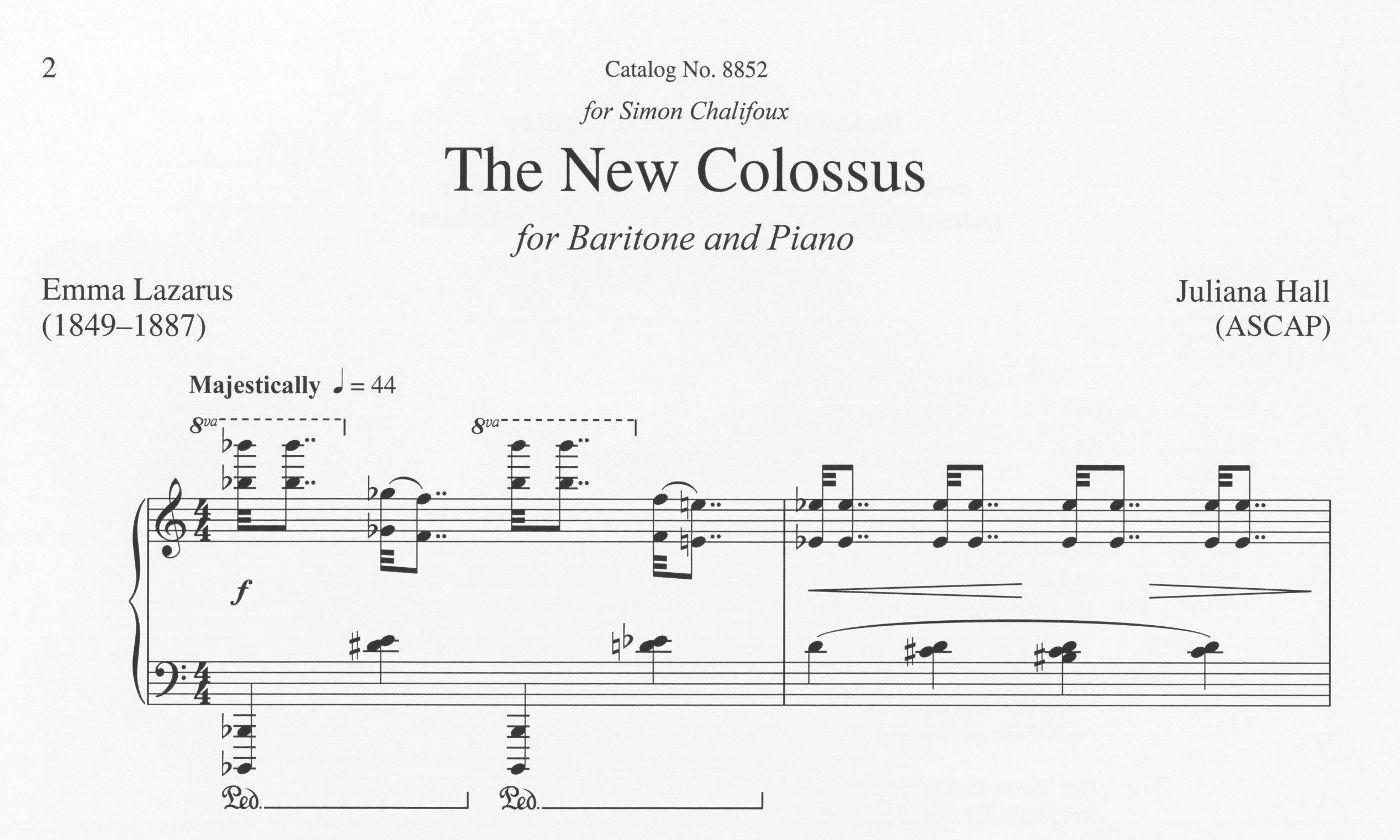 The New Colossus Juliana Hall
The New Colossus Juliana Hall -
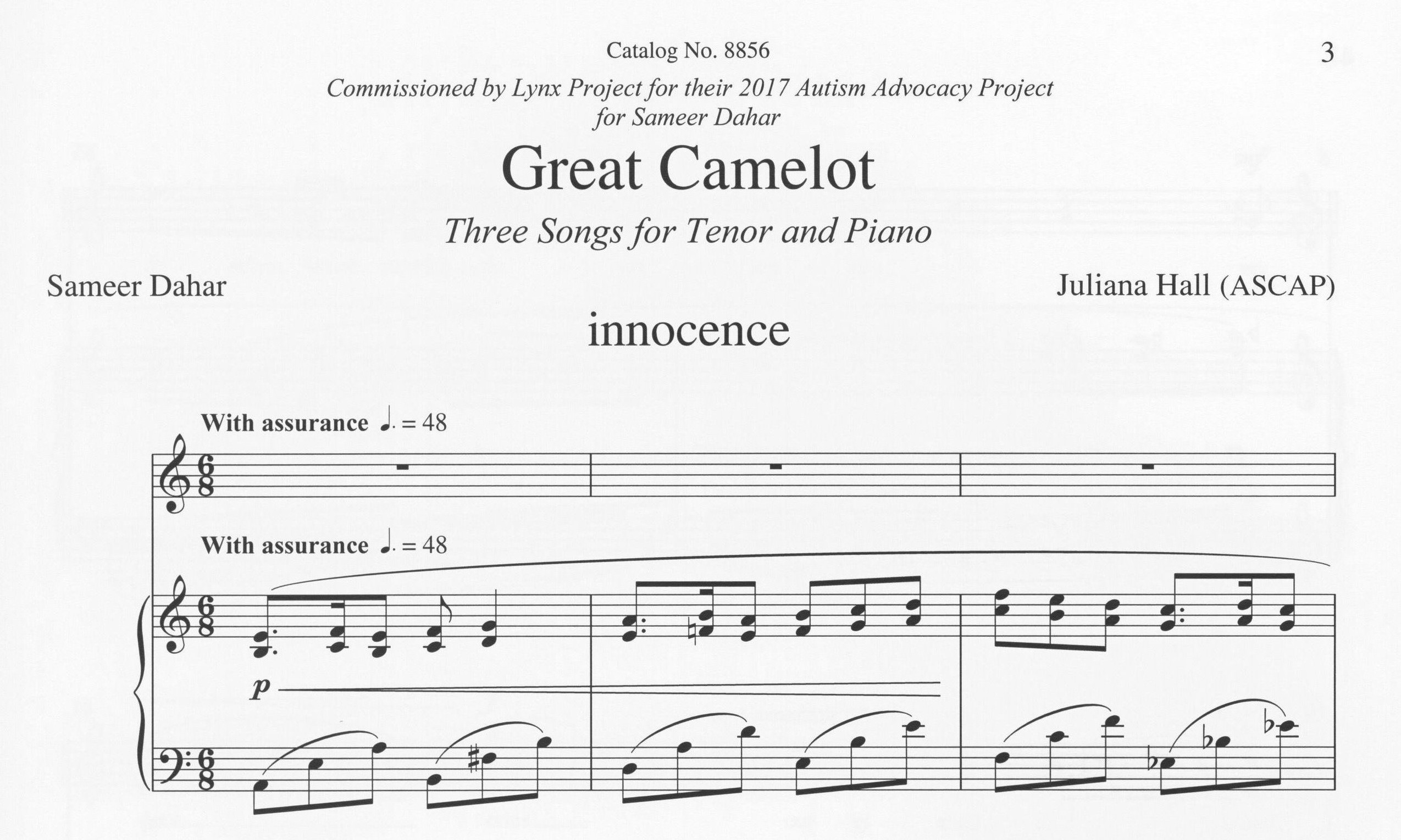 Great Camelot Juliana Hall
Great Camelot Juliana Hall -
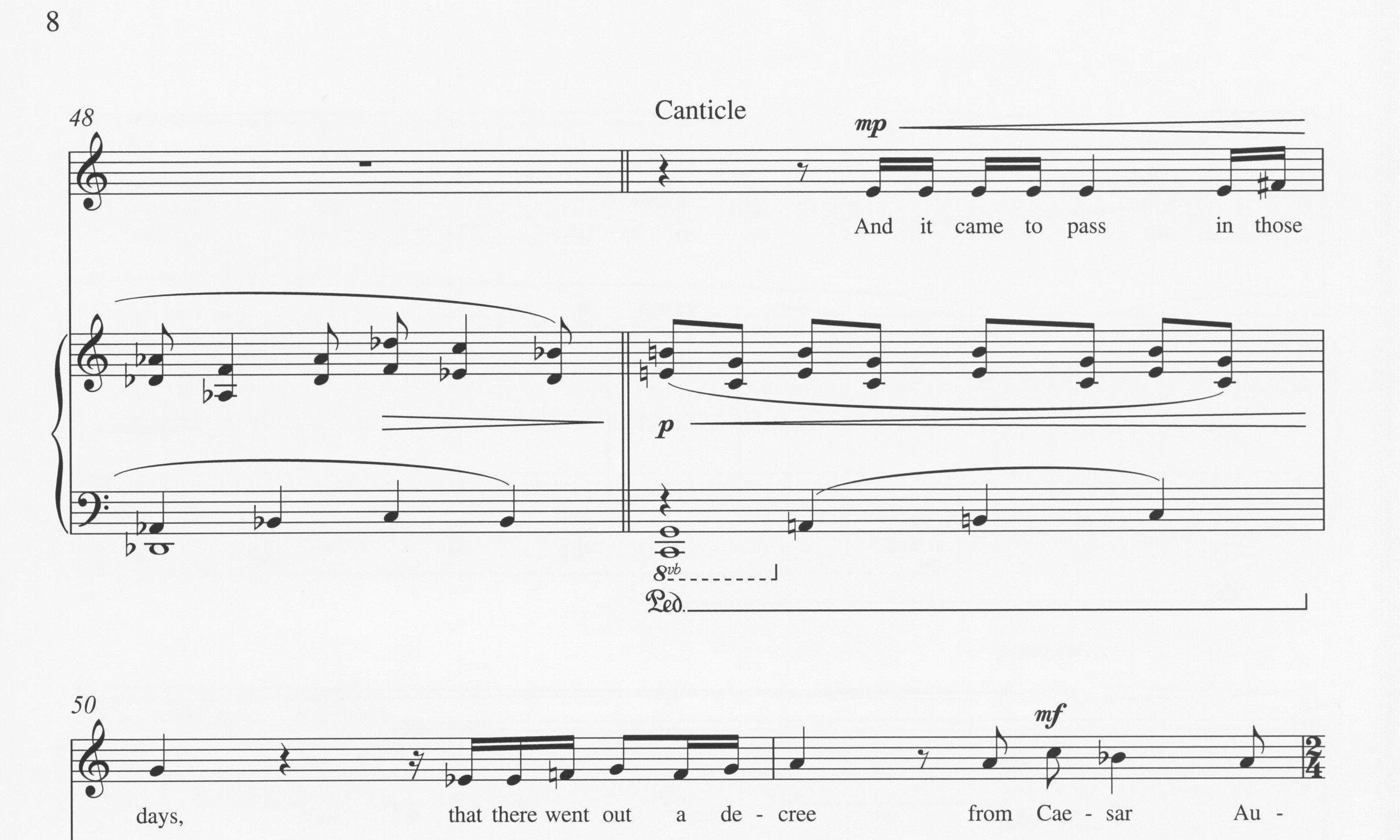 And It Came to Pass Juliana Hall
And It Came to Pass Juliana Hall -
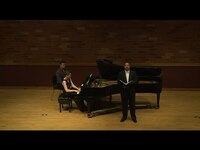 The Holy Sonnets of John Donne Juliana Hall
The Holy Sonnets of John Donne Juliana Hall -
 Three Romances Roman Kim
Three Romances Roman Kim -
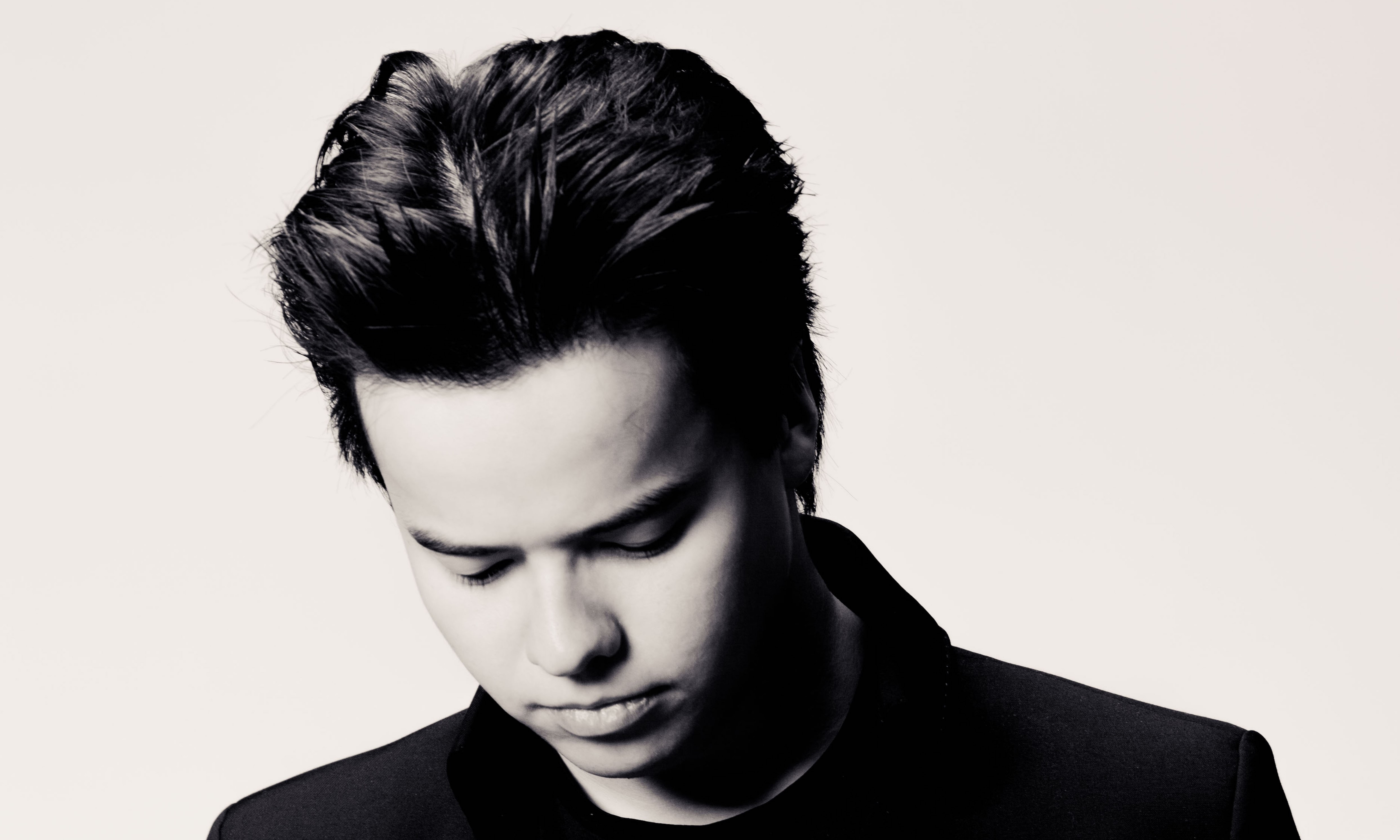 Roman Kim Internet star and breathtaking virtuoso. Sound innovator and witty arranger. The young violinist and composer Roman Kim is not only a multi-talent, but also a typical artist of our time. In addition to a flawless technique, which we all presuppose in a good violinist, Roman Kim has the daring and musicality for the specific virtuoso repertoire a la Paganini that liberates such works from the odour of the exclusively superficial. Roman Kim has a direct musical approach to this music, his own compositions reveal him as a gifted and conscious "epigone" of Paganini. Roman Kim's music is romantic, melodic and virtuoso. In his compositions, the artist discovers the boundless world of his instrument and brings many innovations to the sound possibilities of the violin. His paraphrases "I Brindisi" on Verdi's themes (published in 2013) strengthened his reputation as Paganini's "epigones". In April 2017 Roman Kim's "Three Romances" for violin and piano were published by "Bärenreiter".
Roman Kim Internet star and breathtaking virtuoso. Sound innovator and witty arranger. The young violinist and composer Roman Kim is not only a multi-talent, but also a typical artist of our time. In addition to a flawless technique, which we all presuppose in a good violinist, Roman Kim has the daring and musicality for the specific virtuoso repertoire a la Paganini that liberates such works from the odour of the exclusively superficial. Roman Kim has a direct musical approach to this music, his own compositions reveal him as a gifted and conscious "epigone" of Paganini. Roman Kim's music is romantic, melodic and virtuoso. In his compositions, the artist discovers the boundless world of his instrument and brings many innovations to the sound possibilities of the violin. His paraphrases "I Brindisi" on Verdi's themes (published in 2013) strengthened his reputation as Paganini's "epigones". In April 2017 Roman Kim's "Three Romances" for violin and piano were published by "Bärenreiter". -
 Sept Poésies Ursula Bagdasarjanz
Sept Poésies Ursula Bagdasarjanz -
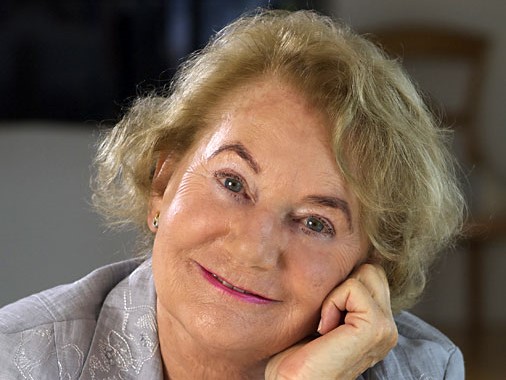 Ursula Bagdasarjanz Ursula Bagdasarjanz was born in Winterthur, Switzerland, to a mother who was herself an outstanding violinist. The seeds of Ursula's musical talent were sown in the cradle, or, as she herself believes, were bestowed as a gift to accompany her through life. Her father, Samuel Bagdasarjanz, who was of Armenian and Swiss extraction, was born in Romania, whence his family emigrated to Switzerland. Through her mother, Margrit Weiss, born in Switzerland, of Austrian and Swiss descent, Ursula learnt at an early age to express herself on her instrument. In 1944, at the age of ten, Ursula Bagdasarjanz gave her first concert (Beethoven Romance in F major). Her teachers were Aida Stucki in Winterthur, Switzerland (1944–1953), Marcel Reynal at the Conservatoire National Supérieur de Musique in Paris, France (1953–1956), where she was awarded the "Premier Prix de Violon" in 1956, and Sándor Végh in Basel, Switzerland (1957 and 1958). She took masterclasses with Joseph Calvet in Paris and Max Rostal in Bern. At the time Ursula Bagdasarjanz was taking violin lessons from Aida Stucki, the latter was herself a student of Carl Flesch, one of the most famous violin educators ever. This was a stroke of luck: as a child, Ursula Bagdasarjanz had already had the chance of familiarising herself with a unique method of work for violinists, the Carl Flesch scale system. In 2000, another Aida Stucki student, the violinist Anne-Sophie Mutter, wrote the introduction to Eric Rosenblith's new edition (published in English) to Carl Flesch's book on "The Art of Violin Playing". Another violinist having done extensive work on the Carl Flesch's works was Max Rostal. He published a new, revised and broader edition of the scale system in 1987 and passed his in-depth knowledge of the standard works of Carl Flesch on to students attending his masterclasses. As both soloist and a chamber musician, Ursula Bagdasarjanz pursued an active concert career. She did much for the composer Othmar Schoeck. She performed a full range of his violin works, including recordings of all his violin sonatas, accompanied by Gisela Schoeck, the composer's daughter.
Ursula Bagdasarjanz Ursula Bagdasarjanz was born in Winterthur, Switzerland, to a mother who was herself an outstanding violinist. The seeds of Ursula's musical talent were sown in the cradle, or, as she herself believes, were bestowed as a gift to accompany her through life. Her father, Samuel Bagdasarjanz, who was of Armenian and Swiss extraction, was born in Romania, whence his family emigrated to Switzerland. Through her mother, Margrit Weiss, born in Switzerland, of Austrian and Swiss descent, Ursula learnt at an early age to express herself on her instrument. In 1944, at the age of ten, Ursula Bagdasarjanz gave her first concert (Beethoven Romance in F major). Her teachers were Aida Stucki in Winterthur, Switzerland (1944–1953), Marcel Reynal at the Conservatoire National Supérieur de Musique in Paris, France (1953–1956), where she was awarded the "Premier Prix de Violon" in 1956, and Sándor Végh in Basel, Switzerland (1957 and 1958). She took masterclasses with Joseph Calvet in Paris and Max Rostal in Bern. At the time Ursula Bagdasarjanz was taking violin lessons from Aida Stucki, the latter was herself a student of Carl Flesch, one of the most famous violin educators ever. This was a stroke of luck: as a child, Ursula Bagdasarjanz had already had the chance of familiarising herself with a unique method of work for violinists, the Carl Flesch scale system. In 2000, another Aida Stucki student, the violinist Anne-Sophie Mutter, wrote the introduction to Eric Rosenblith's new edition (published in English) to Carl Flesch's book on "The Art of Violin Playing". Another violinist having done extensive work on the Carl Flesch's works was Max Rostal. He published a new, revised and broader edition of the scale system in 1987 and passed his in-depth knowledge of the standard works of Carl Flesch on to students attending his masterclasses. As both soloist and a chamber musician, Ursula Bagdasarjanz pursued an active concert career. She did much for the composer Othmar Schoeck. She performed a full range of his violin works, including recordings of all his violin sonatas, accompanied by Gisela Schoeck, the composer's daughter. -
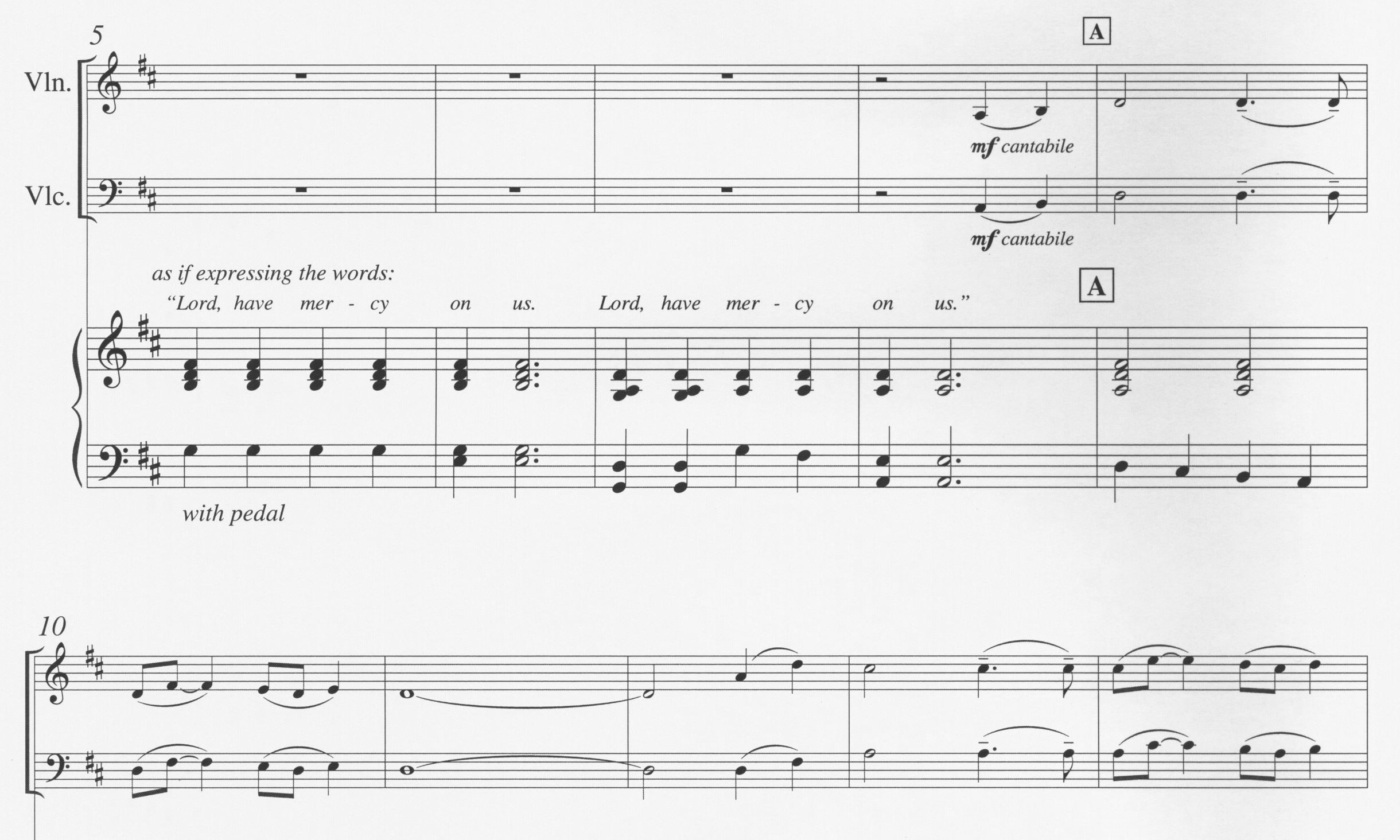 Let Us Break Bread Together Gwyneth Walker
Let Us Break Bread Together Gwyneth Walker